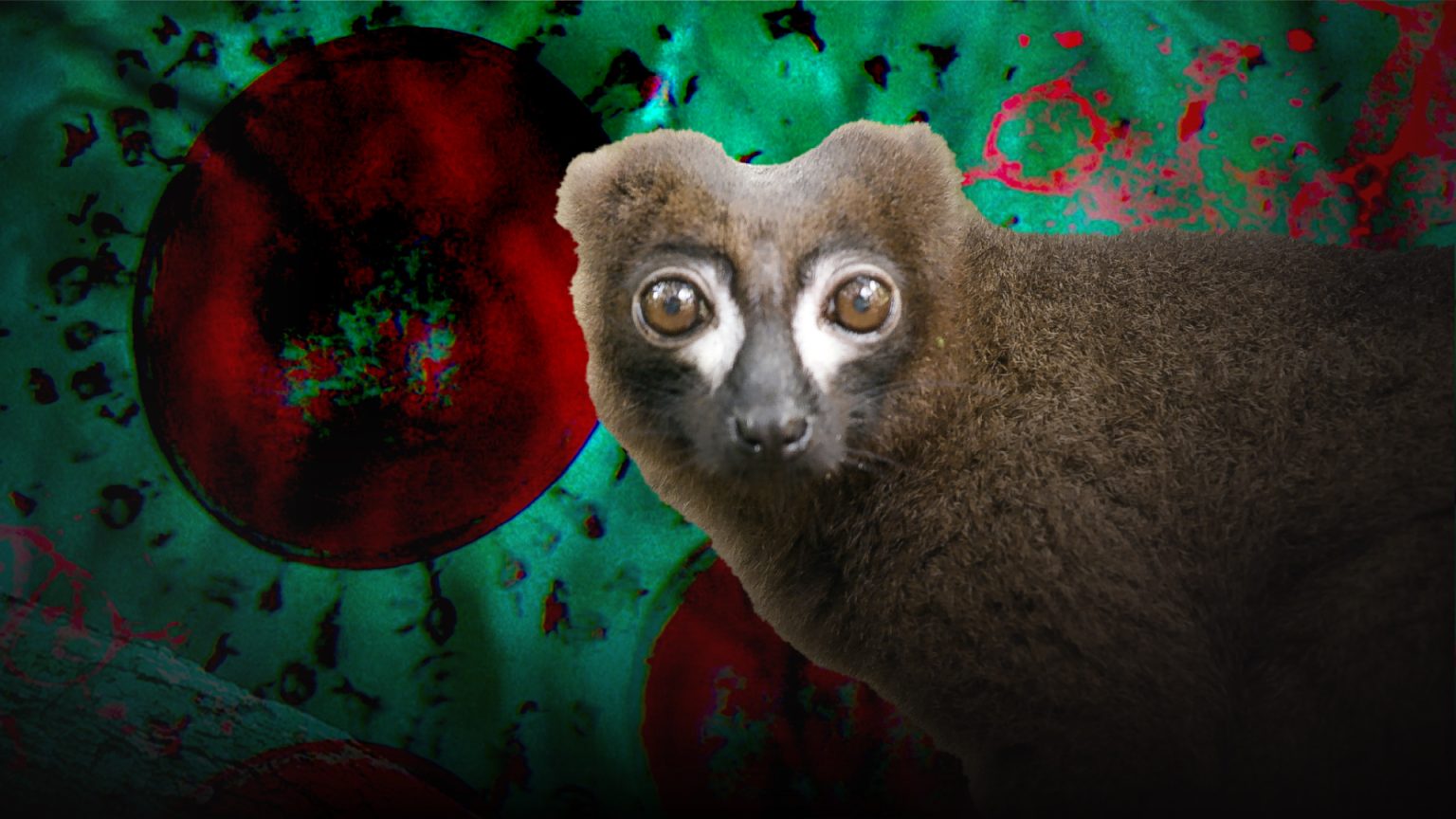Zoonotic diseases, which are infectious diseases that spread from animals to humans, account for 75% of all infectious diseases in humans. Factors such as environmental destruction and urbanization are increasing the risk of zoonotic outbreaks. In response to this growing threat, veterinarians in poor African countries like Madagascar are implementing disease surveillance programs guided by the “One Health” philosophy, which emphasizes the interconnectedness of ecological health and pandemic readiness. The rapid global spread of COVID-19 highlighted how quickly zoonotic diseases can spread across our interconnected planet, turning cities into disease hotspots. In response to this, cities like Brussels are implementing innovative urban design strategies to reduce the risk of infection and protect their populations.
The final episode of the series “Flatten the Curve” explores how we can contain disease outbreaks in remote areas of the planet and protect our cities from major future outbreaks. By focusing on disease surveillance and prevention measures, veterinarians are working to identify and contain zoonotic diseases before they spread to humans. The “One Health” philosophy serves as a guiding principle in these efforts, highlighting the importance of balancing ecological health with pandemic preparedness. The experience of dealing with COVID-19 has underscored the urgent need for proactive measures to prevent the spread of zoonotic diseases and protect our cities from becoming disease hotspots.
In countries like Madagascar, where resources are limited, veterinarians play a crucial role in running disease surveillance programs to monitor and prevent zoonotic outbreaks. By working closely with local communities and implementing early detection and response measures, they are able to contain potential outbreaks before they spread to humans. This proactive approach is essential in preventing the spread of infectious diseases and protecting public health. The lessons learned from COVID-19 have reinforced the importance of investing in disease surveillance and prevention efforts to avoid future pandemics.
The interconnected nature of our world means that disease outbreaks can quickly spread across continents and turn cities into epicenters of infection. Cities like Brussels are taking proactive measures to reduce the risk of infection by implementing innovative urban design strategies. By creating spaces that are more resilient to outbreaks and promoting public health measures, cities can better protect their populations from the spread of zoonotic diseases. The experience of dealing with COVID-19 has highlighted the importance of investing in public health infrastructure and implementing measures to prevent the spread of infectious diseases in urban settings.
As we look towards the future, it is clear that we must prioritize disease surveillance and prevention efforts to protect our cities from major outbreaks. By learning from past experiences like COVID-19 and collaborating with experts in the field of veterinary and public health, we can work towards containing disease outbreaks in remote areas and preventing them from spreading to urban centers. The “One Health” philosophy serves as a guiding principle in these efforts, emphasizing the interconnectedness of human, animal, and environmental health. Through proactive measures and innovative strategies, we can build more resilient cities and protect ourselves from the threat of zoonotic diseases in the future.













